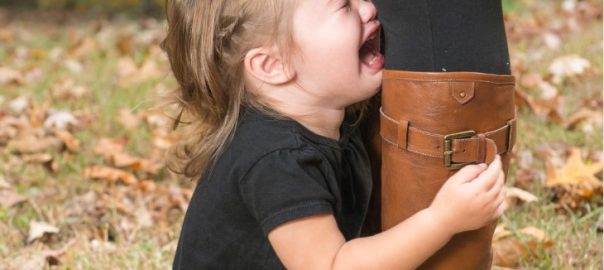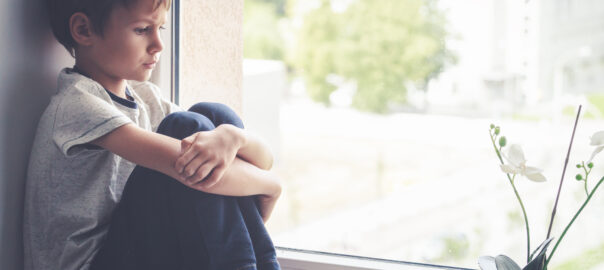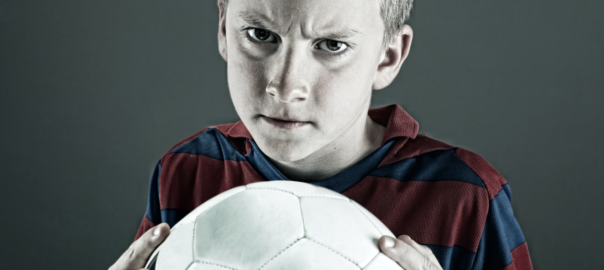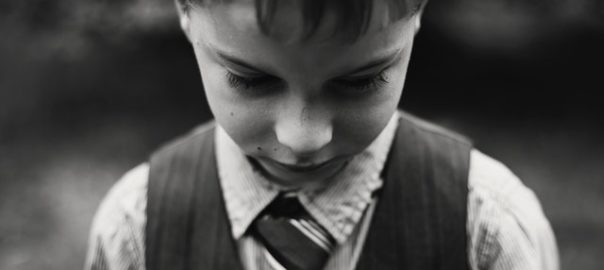
Q. Ines, 8, is a very sweet playing, sporty, capable but gentle friend. On the playground one of her better friends at school is starting to bully her. Tonight she was crying as the girl was telling her to go into a dark shed in the playground. Ines said she didn’t want to as she was afraid of the dark. The friend teased her for being a cry baby and insisted etc. My question is what do I do? I encouraged her to say STOP! and that you don’t like the way she is treating you, but she says that is not kind and she doesn’t want to be like her friend. I said to her that she needs to say stop for her friend’s sake too. She ‘practiced’ saying it but sounded like a mouse… that’s not going to transmit a message of strength. She’s going to a party tomorrow and this friend will be there. Ines is afraid that this girl will insist that the room be dark. I know the parents well and could talk to them
















